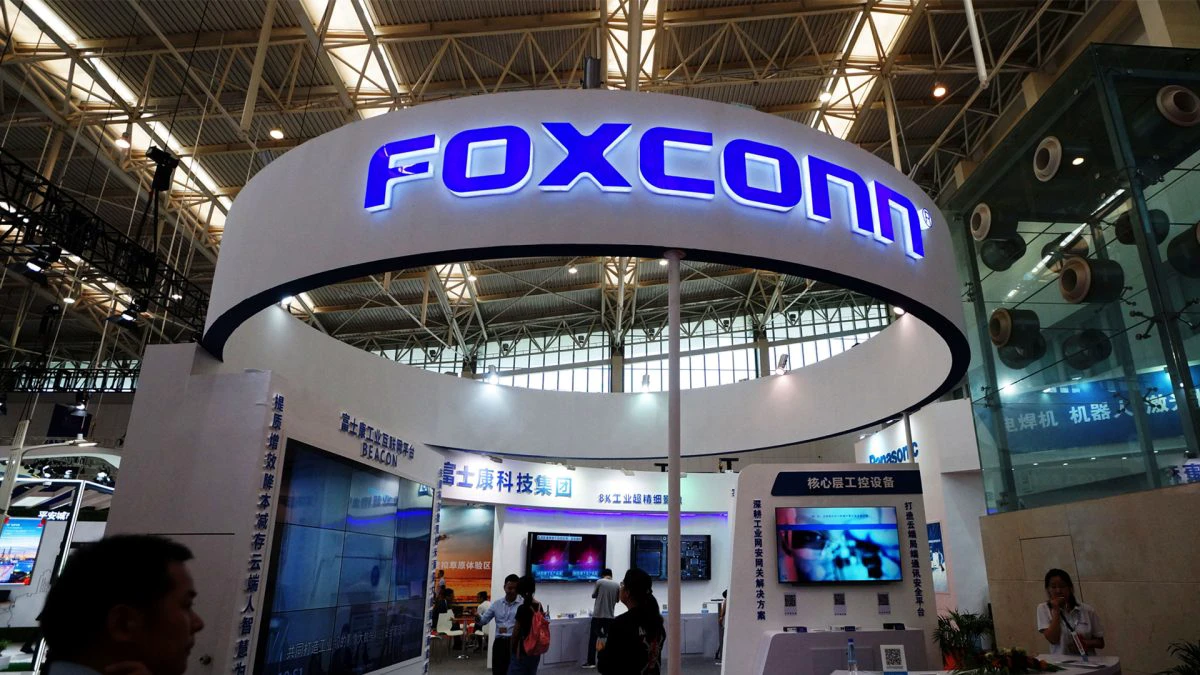Intel CEO Pat Gelsinger revealed Tuesday the sixth generation of Xeon processors for Artificial Intelligence data centers, with improvements in performance capacity and energy efficiency.
During a conference at the Computex fair in Taipei, one of the most important technology events in the world, Gelsinger said the first of the Xeon 6 processors (Xeon 6 E-Core) would be available on the market starting Tuesday, while the Xeon 6 P-Cores would be launched next quarter. Likewise, the American company revealed the prices of the Gaudi 2 and Gaudi 3 artificial intelligence accelerator kits, which will cost $65,000 and $125,000, respectively, lower figures than the competition. AI accelerators are used to improve the performance of artificial intelligence algorithms and applications, such as speech recognition, image processing, and autonomous driving programs, and are capable of performing calculations much faster and more efficiently than traditional processors. “This idea is simply music to our customers’ ears: spend less and get more,” said Gelsinger, who also presented Intel’s new processors for computers with artificial intelligence, called Lunar Lake, whose energy consumption will be 40 percent lower than of current chips.
He said the technology company has a “unique position” in the global artificial intelligence infrastructure, while reiterating the need to build “more flexible and resilient” supply chains, since chips are in ” the heart of the world economy.” “When I think about this era of artificial intelligence, I see it as the internet of 25 years ago, that’s how big it is. Every device will be an AI device, every company will be an AI company. We see this as the fuel that is driving the semiconductor industry, which will reach 1 $trillion (about EUR916 billion) at the end of the decade,” the businessman said. The Intel conference was one of the central focuses of Taipei Computex, an event that officially started Tuesday with the presence of more than 1,500 exhibitors from 36 countries or regions, including Google, Nvidia, Micron, AMD and Qualcomm. Intel, with multiple competitors in all fields, is not going through its best moment as a company: the technology company earned $$1.69 billion last year, a year-on-year decline of 79 percent.





